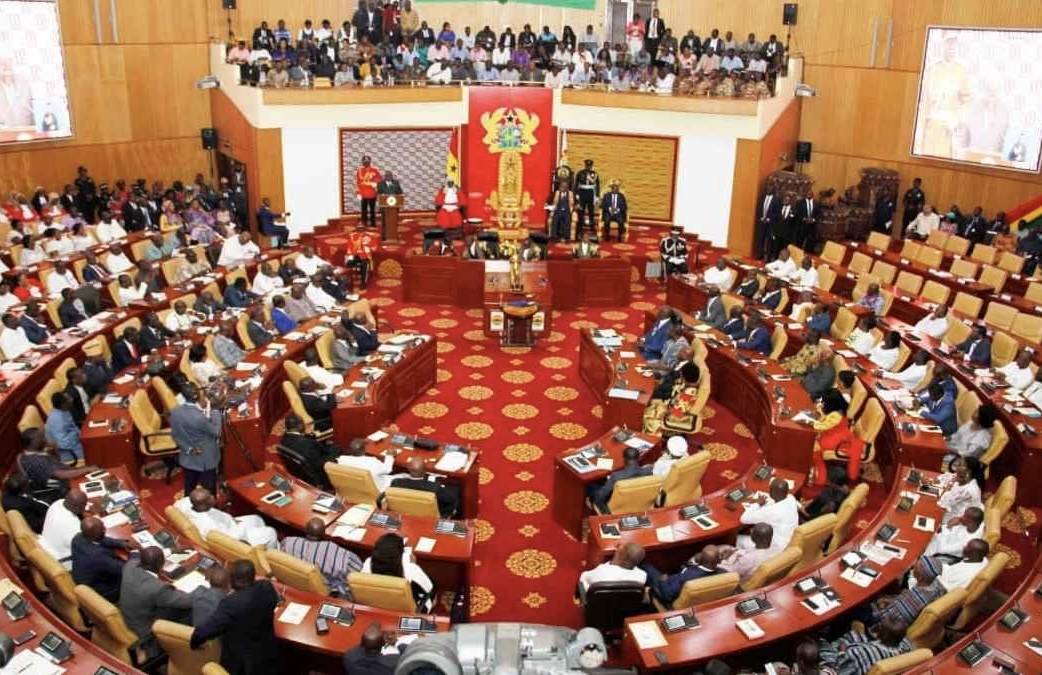Ghana’s Parliament is facing a big political battle over four parliamentary seats. The Speaker of Parliament, Alban Bagbin, recently declared these seats vacant. His decision was based on the 1992 Constitution, which says that an MP must leave their seat if they change political parties or decide to run as an independent candidate.
The issue involves four MPs who made decisions about their political future. Two MPs from the ruling New Patriotic Party (NPP) announced they would contest as independent candidates in the upcoming December 2024 elections. Another MP, who was originally independent but supported the NPP, decided to run under the party’s ticket. Lastly, one MP from the opposition National Democratic Congress (NDC) also filed to run as an independent candidate. Because of these changes, the Speaker ruled that their seats should be declared vacant.
This decision has affected the power balance in Parliament. Before the announcement, the NPP held a slim majority with 138 seats, while the NDC had 137. With the four MPs losing their seats, the NDC suddenly gained an advantage, which could influence decisions in Parliament.
The NPP disagreed with the Speaker’s ruling and took the matter to the Supreme Court. The party argued that the Constitution only applies to MPs who switch parties while still serving in Parliament, not those who declare future plans for elections. The Attorney-General supported this argument, saying that the Constitution aims to prevent MPs from changing sides during their term, but it does not stop them from making political choices for future elections.
The Supreme Court later stepped in and put a hold on the Speaker’s decision. This means the four MPs can keep their seats until the court gives a final ruling. This move has caused debates about the powers of Parliament and the courts, as well as the correct interpretation of the Constitution.
Many experts believe this situation is new and complex. Some legal scholars have said that the Supreme Court’s ruling will be important for future parliamentary practices. They also warned that if the issue is not handled carefully, it could affect the country’s democracy.
This matter has also raised questions about party loyalty and individual political freedom. Some believe that MPs should be free to make political choices, while others argue that party unity must be protected. The final decision from the Supreme Court will shape Ghana’s political future and set an important example for handling such issues in the years ahead.




No comments yet
Be the first to share your thoughts!